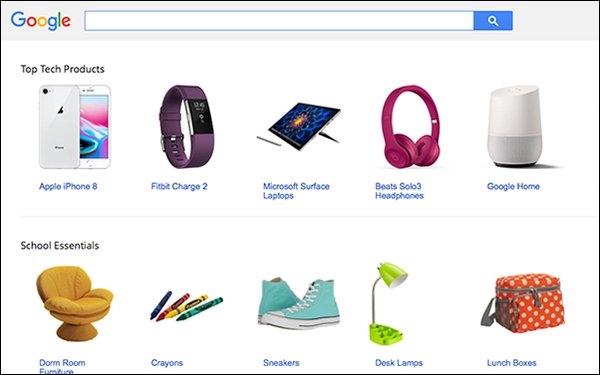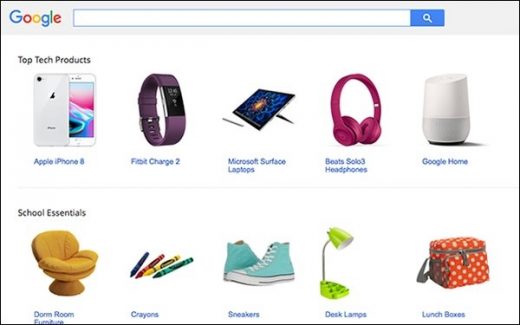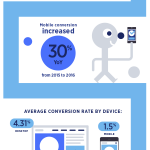Google Focuses On Ecommerce, Pushes Automatic Item Updates For Price, Availability
Google Shopping Automates Pricing, Availability
by Laurie Sullivan @lauriesullivan, (October 19, 2017)

Google has created technology that automatically updates price and availability in Google Shopping ads that will allow it to complete better with Amazon and other ecommerce marketplaces.
The “automatic item updates” feature, scheduled to launch October 31, will allow Google to automatically update a merchant’s product price and availability in a Google Shopping ad based on the advertiser’s website listing and other triggers without placing codes containing the schema.org markup that was previously required.
A combination of statistical models and machine learning detect and extract product data from a retailer’s website to update a product’s price and availability in shopping ads.
“The worst thing for a consumer is to see one price in a Google Shopping ad and then other price on the merchant’s website,” said Tien Nguyen, founder at CPC Strategy.
Two emails sent from Google to merchants earlier this week describing the feature, “automatic item updates,” left retail clients using Google Shopping a little confused. On Tuesday, search agencies began getting a flood of emails and calls asking about the change.
The first email from Google was sent to merchants that are not currently using automatic item updates, and the second email was sent to merchants currently using it.
Beginning at the end of the month, the feature will turn on by default, but merchants can opt-out. Google developed the technology to look for and identify coded signals on a website page that would determine price and availability. This way merchants are not required to have the Schema.org markup in place to function properly.
The feature isn’t new, but the ability to trigger it without the Schema.org markup in place is new.
Nguyen said sometimes Google will reject the Shopping ad if it doesn’t match the merchants’ price and description on the webpage. Then the ad never serves at all.
The most current price and availability for the products will be determined by “structured data annotations” or additional information when structured data isn’t available.
“It’s not anything to be alarmed about, but it can’t be completely ignored,” said David Grow, digital media director, Chacka Marketing. “Advertisers can opt out.”
MediaPost.com: Search Marketing Daily
(24)













